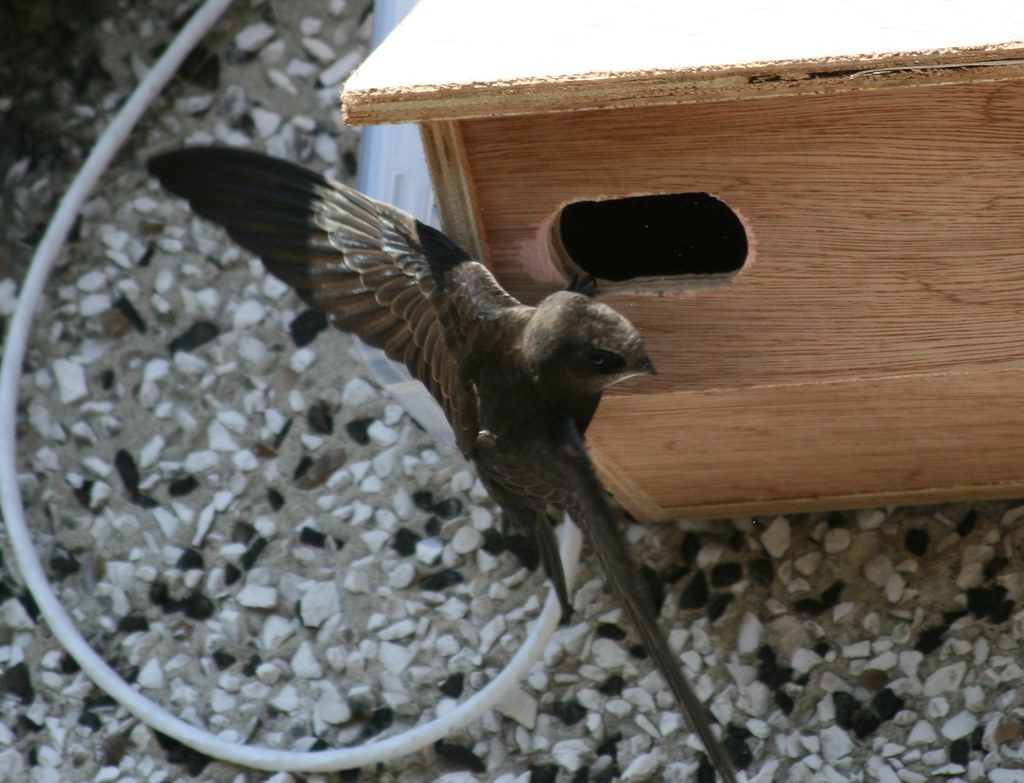
The BBC reports Life In Colour, made by Bristol-based Humble Bee Films and Sydney-based SeaLight Pictures, will explore the many ways animals use colour throughout their lives. Colour plays a vital role in the daily interactions of many species, but the colour we can see tells only part of the story. Using new cameras built specifically for this series, Life In Colour will reveal a world of colour normally invisible to human eyes.
The series will start on Sunday 28th February at 19:00. See here for trailers and more details.

